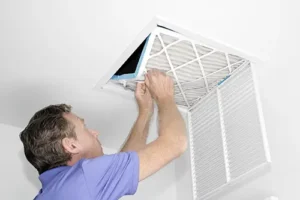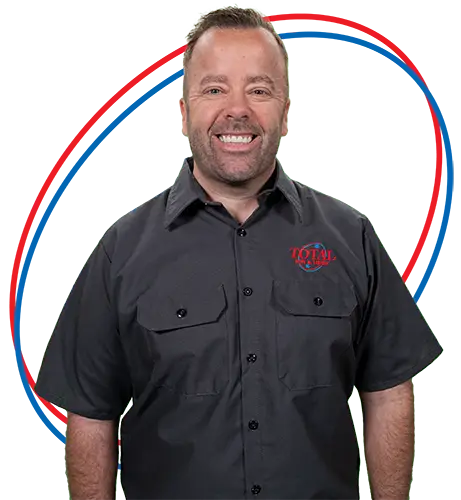How City Pollution Levels Affect Air Quality At Home
I once had a neighbor tell me, “I shut the windows, so I’m safe from the city air.” I didn’t have the heart to break it right then, but here’s the truth: closing a window doesn’t stop pollution levels from creeping inside. Tiny particles, gases, and smells wiggle through cracks, follow us indoors, and stick around far longer than we’d like.
If you live near traffic, factories, or even just in a bustling downtown, you’re breathing more outdoor air inside your house than you realize. Let’s break down how this happens, what it does to your health, and what you can do to fight back.
Why Pollution Levels Don’t Stay Outside
Homes aren’t airtight boxes. They breathe just like we do. That’s normally good—it keeps air from getting stale—but when pollution levels are high, that “breathing” works against you.
- Cracks and leaks: Even the tiniest gaps around doors or windows act like straw-sized highways for dirty air.
- HVAC systems: Air conditioning pulls outdoor air into the mix, sometimes dragging soot or smog with it.
- Everyday habits: Opening windows for “fresh air” during rush hour? You just invited in exhaust fumes.
Think of your home as a sponge. Whatever’s in the city air outside, especially during peak pollution levels, eventually seeps in.
The Impact of High Pollution Levels Indoors
It’s tempting to think indoor air automatically means cleaner air, but not so fast.
- Health hits: Higher pollution levels worsen asthma, allergies, and can even trigger headaches or fatigue.
- Lingering odors: Exhaust and industrial smells don’t just vanish; they stick to fabrics, furniture, and carpets.
- Clogged filters: HVAC systems choke faster in polluted areas, forcing them to work harder and burn more electricity.
- Comfort loss: Heavy, dusty air makes your home feel stuffy, even with the AC running.
I once visited a home where the family swore their “new carpet” was off-gassing chemicals. The real culprit? Outdoor exhaust that had made its way into their ducts.
How to Push Back Against Pollution Levels
You can’t stop cars or factories, but you can cut down on how much of that air lives in your home.
- Upgrade filters: Standard filters miss the fine stuff. High-efficiency ones trap smaller particles, like pollen and soot.
- Seal the leaks: Weatherstripping and caulk close those hidden gaps.
- Air purifiers: Portable or whole-home systems add another layer of defense.
- Ventilate wisely: Skip the open windows during rush hour. Early mornings or late evenings tend to be cleaner.
- Seasonal HVAC care: Polluted air clogs systems faster. Get them cleaned and tuned.
We like to call this service a Tip Top Tuneup—because your home deserves more than a half-hearted checkup.
Habits That Keep Indoor Pollution Lower
Not everything needs a pro. Daily choices make a difference:
- Vacuum weekly with a HEPA-filter vacuum.
- Wash bedding often—pollen loves fabric.
- Leave shoes at the door; they track in pollutants.
- Add indoor plants like spider plants or peace lilies for a natural boost.
- Keep an eye on air-quality apps before airing out your house.
Think of these habits like brushing your teeth. Do them consistently, and the problems don’t build up. Skip them, and you’ll feel it.
When to Call for Professional Help
DIY only goes so far. Call in the experts if:
- Filters clog faster than expected.
- Odors hang around no matter how much you clean.
- Your HVAC runs constantly but the air still feels heavy.
- Family members cough, sneeze, or wheeze more indoors than out.
- You live in an area where outdoor pollution levels stay high year-round.
That’s where our Eagle-Eyed Techs shine. We don’t just swap filters—we inspect ductwork, test airflow, and hunt down sneaky spots where polluted air gets in. Because, well, our only way is all the way.
Wrapping It Up
City life gives us restaurants, concerts, and quick commutes. The trade-off? Higher pollution levels that sneak into our homes. But here’s the upside: you have more control than you think. Sealing gaps, using better filters, sticking to simple habits, and scheduling seasonal service can make a big difference.
And if your air still feels heavy? That’s where we step in. At Total Air and Heat, we’re not comfortable until you are. Call us for a checkup, and we’ll help you clear the air—literally.

